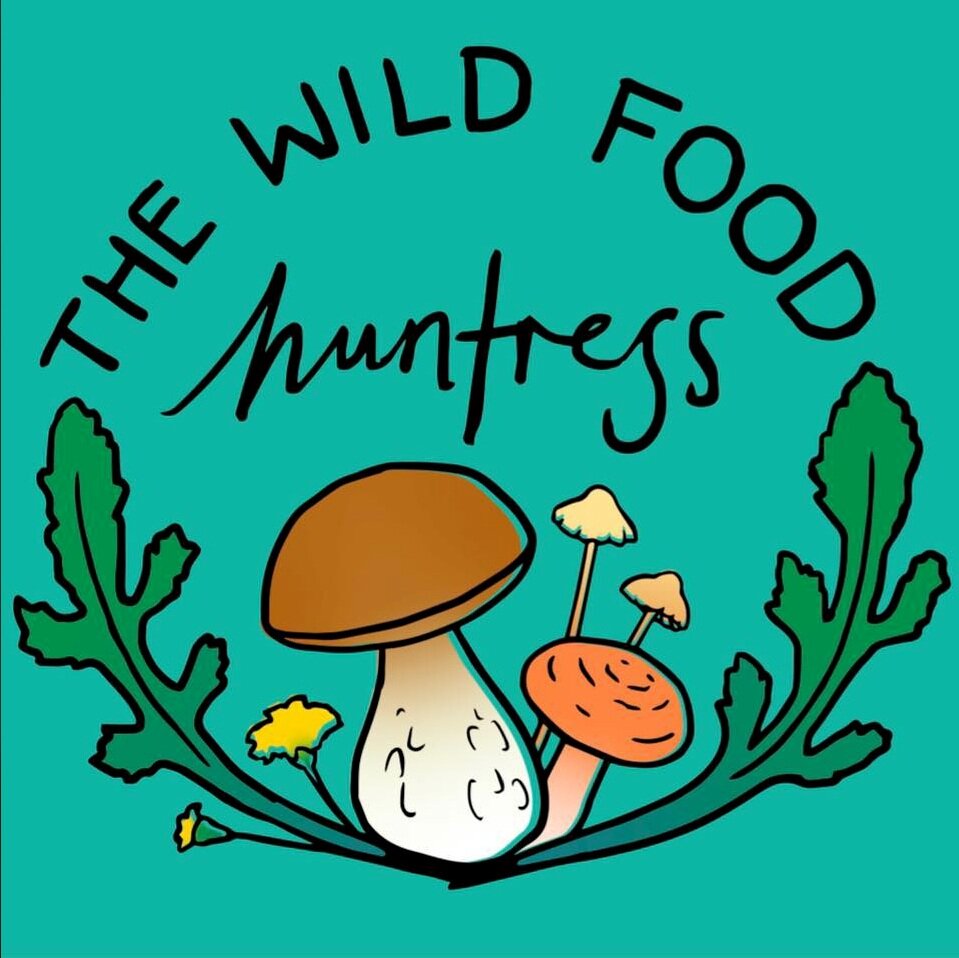Leccinum scabrum
Birch Bolete, Brown Birch Bolete
Edible
Birch Bolete Pores
Birch Bolete Cross Section
Birch Bolete
Edibility
The Birch bolete is another versatile tasty mushroom that goes well in many dishes as it does holds its shape and form very well. I would say its a poor mans porcini as there is not a huge amount of flavour so drying is a good option to intensify the little flavour it has.
Habitat
As the name suggests this species grows in association with birch trees.
Description
The scientific name for this mushroom makes sense.
Leccinum from an old Italian word meaning mushroom or fungi. scabrum from latin meaning scabby or scaly.
This is another good mushroom for beginners as there are not many mushrooms you can confuse it with, especially if you check off all the descriptors below. If there are birch trees around that would be another tick. If there are no birch trees then it will not be a birch bolete.
Appearance
The cap is grey/brown in colour, be anywhere from 5cm-15cm in diameter and can often smooth with a velvety texture on younger specimens .
This is another mushroom that has pores instead of gills, The pores start out fresh, white and fluffy looking but as the mushroom ages the pores turn grey/brown (see cross section pic).
The stem is white/cream in colour and 8cm to 15cm tall and 2cm to 3cm wide. The young stems are often barrel-shaped but as the mushroom matures the stems become more regular throughout but tapers slightly near the cap.
Dark brown to black fluffy scales cover the whole of the stem surface but are noticeably coarser on the lower part of the stem (see main pic above).
Distribution
NSW-VIC-SA-TAS
Spore Colour
Brown
Lookalikes
There are no real lookalikes to this mushroom if you follow all the descriptors above.






